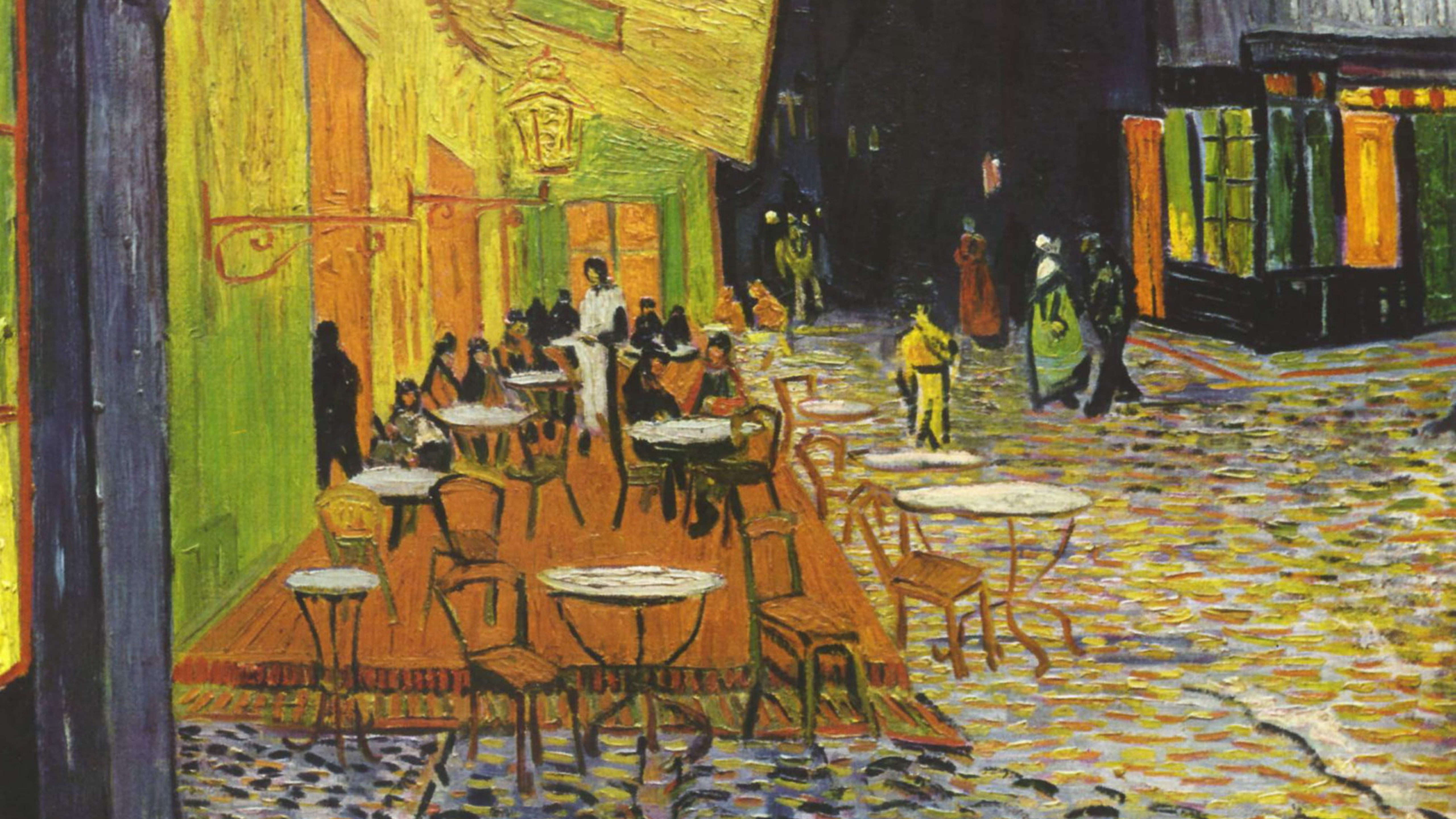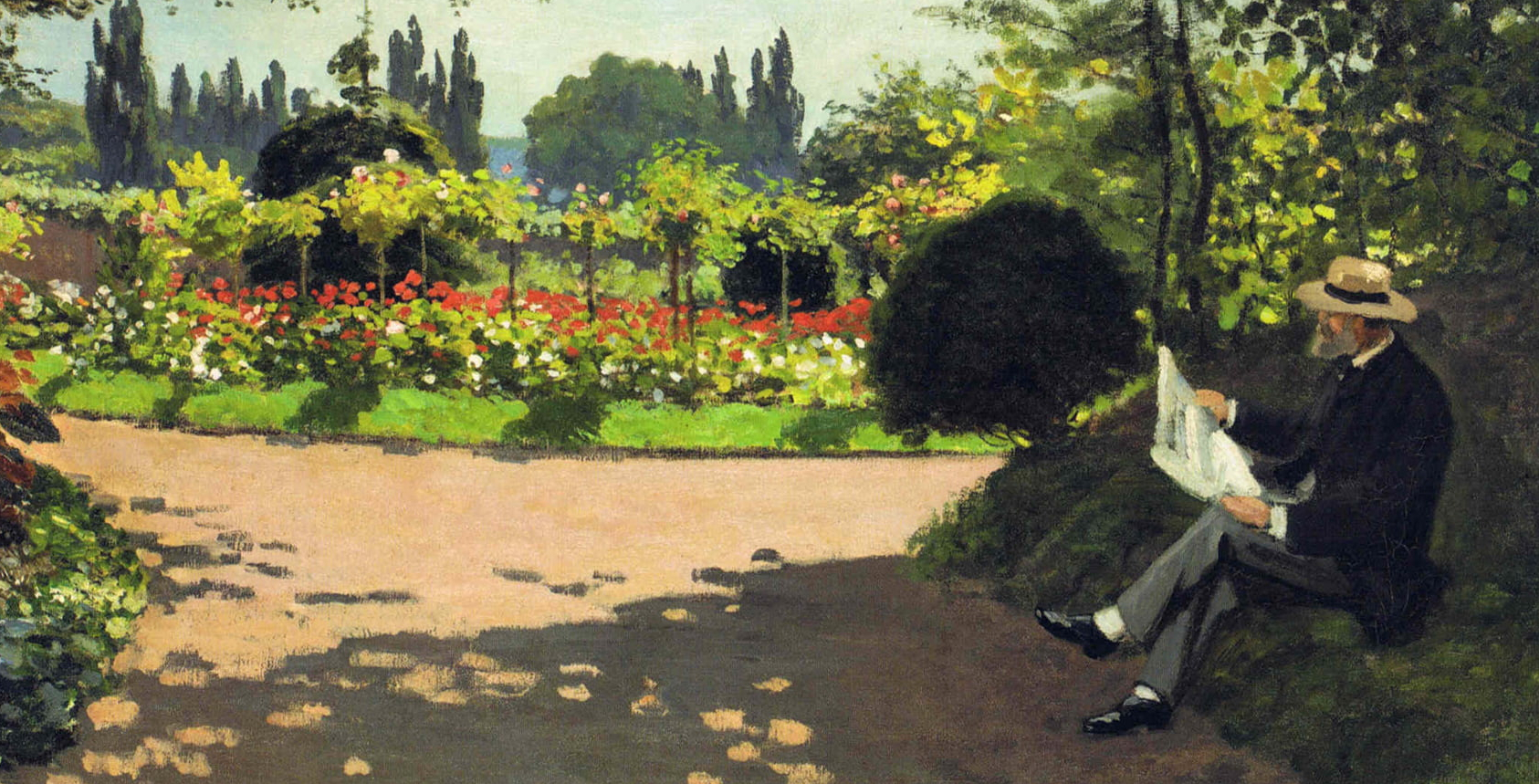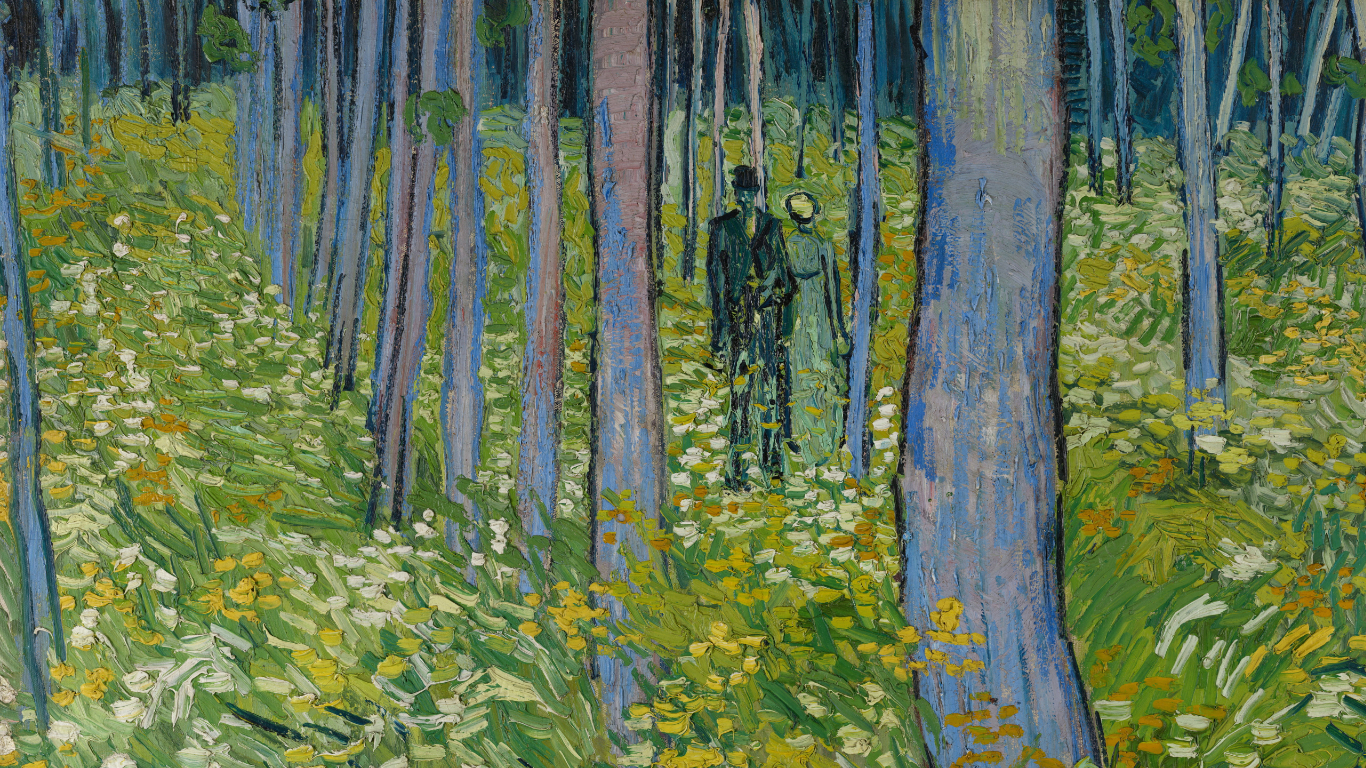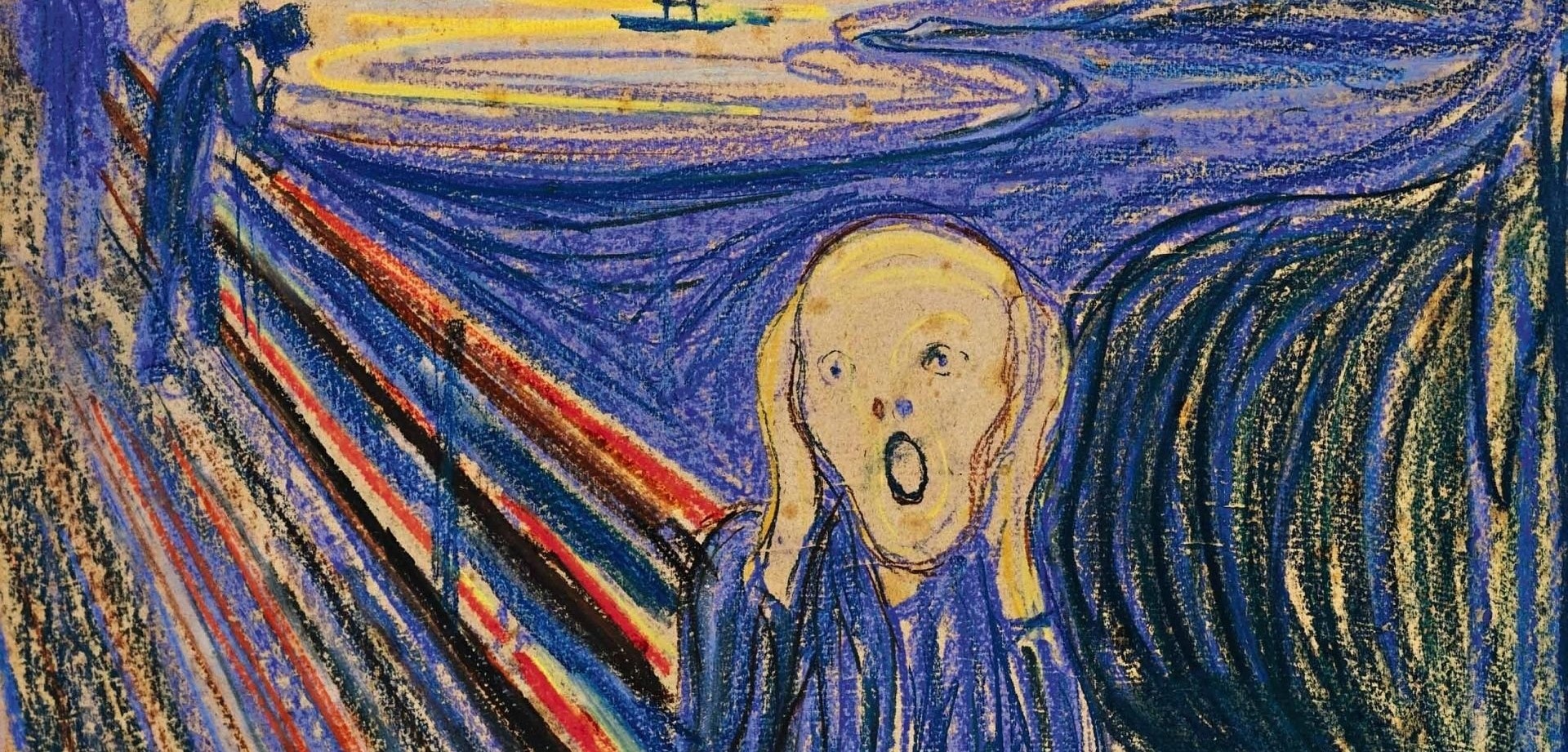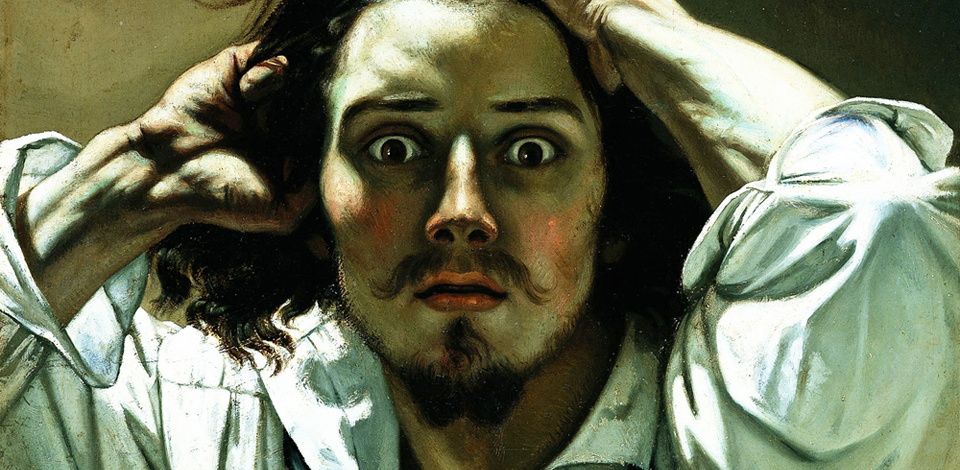Punch-Drunk Love (2002) is thus far the underrated gem of Paul Thomas Anderson's entire filmography. It is an ode to the anxiety-inducing feeling of being under the grips of romantic love, as well as a phenomenological deconstruction of emotional vulnerability as a core strength in an altogether foreign territory known simply as love.
The masterful crafting of cinematography, soundscape, visual design, and the compelling acting of Adam Sandler (prior to his leading role in Uncut Gems) gives off a freakishly dreamy world of insanity that is at the heart of falling in love and wanting to be loved: a kind of admixture of euphoria and sublime . Unlike most contemporary romantic series and films, Punch-Drunk Love aimed to overcome the clichés surrounding the popular literature of romance--- that it is no more than simply a "magical" phenomenon characterizing kisses and hugs of varying intensity. Anderson, instead, chose to abolish this mysticism through the manifestation of Barry Egan (Adam Sandler), a reclusive salesman; whose timidity and shyness become antagonistic to his desire to form an emotional bond with this mysterious woman that came crashing through his remote and formidable fortress.
For Egan, as much as it is for P.T. Anderson, romantic love can be a terrifying venture into the uncanny valley: the eventful dissolution of emotional boundaries, the making of oneself emotionally vulnerable, the dreadful feeling of having to say things that we would otherwise be ashamed to even think out loud, the fear of having fervent sentiments of attachment knowing its detrimental consequence, the unknowable depth of our beloved, and least of all, the hassle of having let ourselves be known to the beloved can make the best of us cower into isolation as we conquer our fear of being love for all our idiosyncrasy and social awkwardness.
Indeed, it is a frightening journey marked with anxiety and ill-health as modern romantic dramas tend to omit, yet, for Anderson, he saw it as a sorrowful and painstaking process of dialect between two people but can be especially rewarding to anyone willing to take a major risk, because, in spite of the barriers that need be endured and bested, it is also an intensely giddy feeling that is intoxicating to the senses as one becomes familiar to the scenery of the unwitting colliding of individuals from thousands of light-years away making room for a union of a lifetime, tolerating the disparity of disposition and ambiguity of one another to promote the flourishing of love, as well as witnessing the liberal untangling of one's loneliness as we find security in the bosom of our lovers as they merge with our idyllic existence.
Anderson made us believe that in romantic affairs, we can't always be rational. We will always be a little tipsy, fragile, wreckless, petrified, anxious, and irrational no matter how seasoned and well-groomed we have become.. in brief, we are always punch-drunk when it comes to love. After all, as Friedrich Nietzsche would remind us, 'that which is done out of love is beyond good and evil.'

